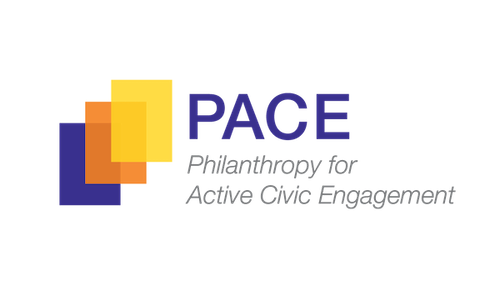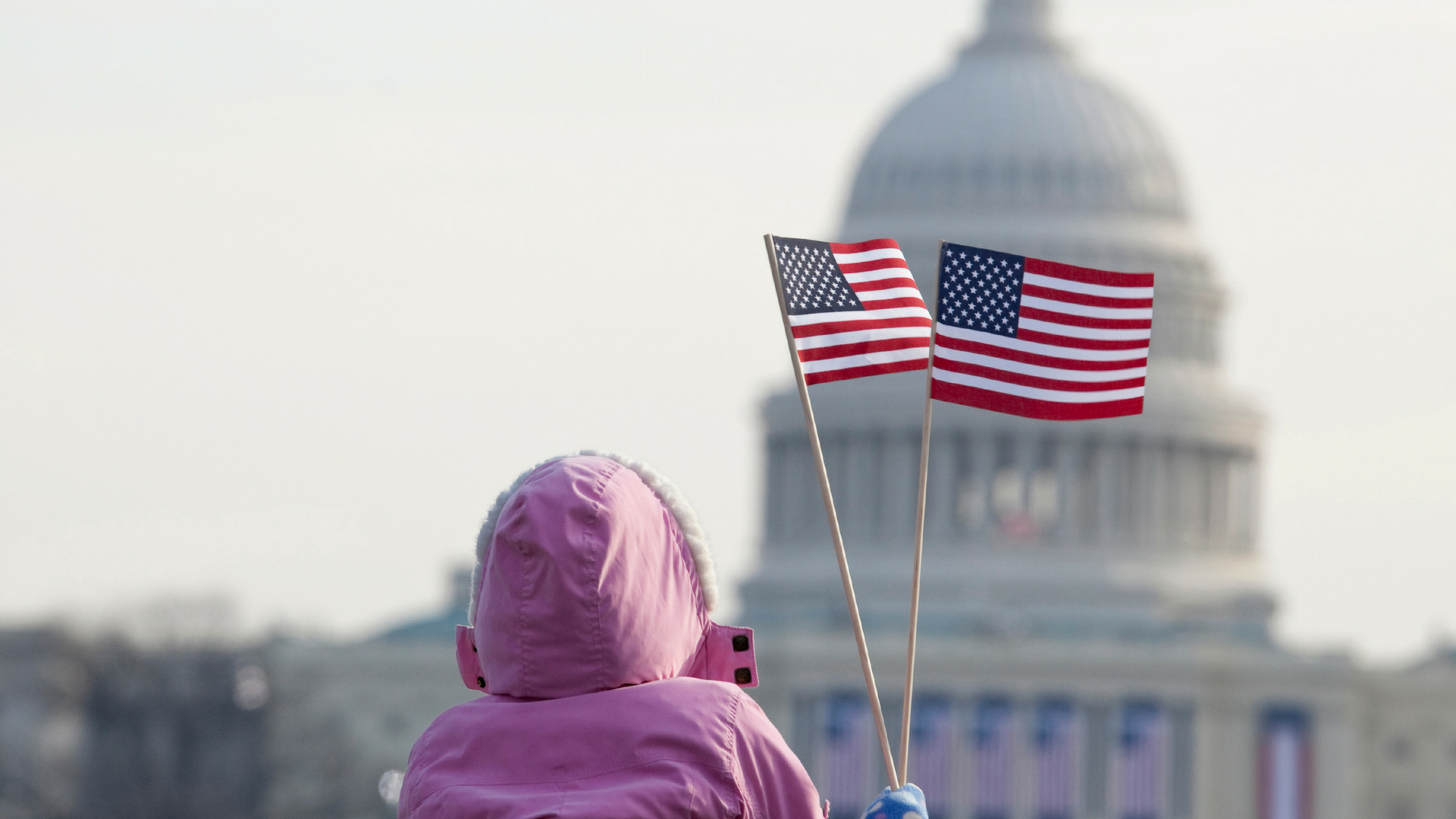As part of our exploration into youth civic engagement and community health and safety, PACE invited several young people to speak to their experience of change in their own communities. This story is from Kawika Smith, a response to PACE’s recent report: “Youth Civic Engagement for Health Equity and Community Safety: How Funders Can Embrace the Power of Young People to Advance Healthier, Safer Communities for All.” To read the full report and learn more about this initiative, click here.
• • •
It is no secret that today’s youth will be the leaders of tomorrow. However, they rarely are invited to have a seat at the table. Youths voices are not often deliberately included or heard when important decisions are made — but young people have long played an intricate part in change making. The many youth-led protests of the Civil Rights Movement are examples of this. A more recent example is how the Parkland students changed the gun debate. The future becomes more promising when those who will inherit the power are a part of the decisions made today.
I grew up in a community where “a child is to be seen and not heard.” My response was always, “What if the house is on fire?” I didn’t like that I lived in a society that didn’t embrace my voice because I was “too young” or “inexperienced.” Many believe that youth are too incompetent or that youth aren’t constituents, but they are wrong.
The future becomes more promising when those who will inherit the power are a part of the decisions made today.
Youth in south central Los Angeles recently challenged the Los Angeles Unified School District (LAUSD) by demanding that it allocate funding to schools based on need. Youth, working with community organizations, organized and strategized on potential formulas for how funding would be allocated. After meetings and rallies, those involved were able to get a unanimous vote that the Student Equity Need Index would allocate more funding to higher need school in an effort to build a more equitable educational environment. This victory means schools primarily in the inner city will have more up-to-date classroom materials, and more wrap-around services to cater to students’ mental health and educational needs. Youth were instrumental in this victory because they provided the stories needed to demonstrate the real inequity in schools.
After working with organizations like Children’s Defense Fund-California and Community Coalition, I felt compelled to serve my community and be a voice on behalf of youth. Through helping conduct a voter registration drive, participating in LAUSD meetings and conversations with board members, participating in a gubernatorial forum and attending a movement building retreat, I have learned how to advocate for those who are marginalized in our society, and I have learned the importance of being engaged civically as well as the importance of cross-cultural and cross-generational collaboration. I also joined my neighborhood council after seeing that my council was represented by only adults. My seat as the Youth Representative is not limited to representing only the youth in my community; I represent the community as a whole.
None of these activities would have been possible without the support of these organizations and their staff who saw the value in me and other young people, and recognize that our voices are important. We need more organizations like these but I know that they often struggle with supporting youth because of a lack of funding. If we want our youth of today to be strong leaders for our future, we have to invest in them.
About the Author
Kawika Smith, 16, is a 2019 Children’s Defense Fund Beat the Odds scholarship recipient. He is a junior at Verbum Dei High School in Los Angeles and plans to study sociology in college.

